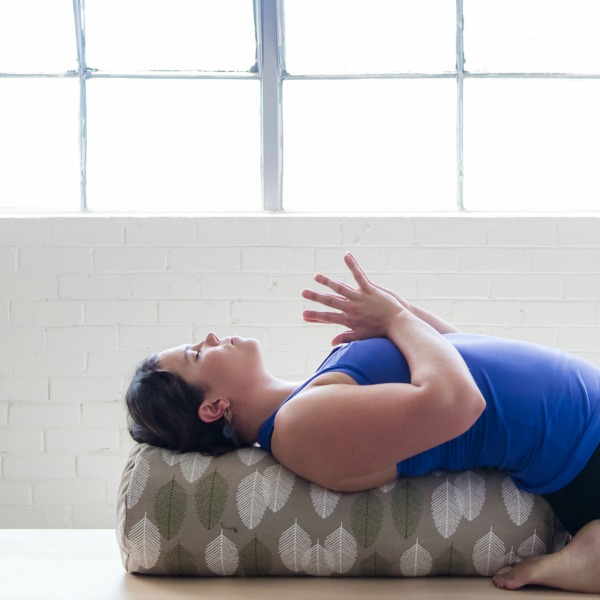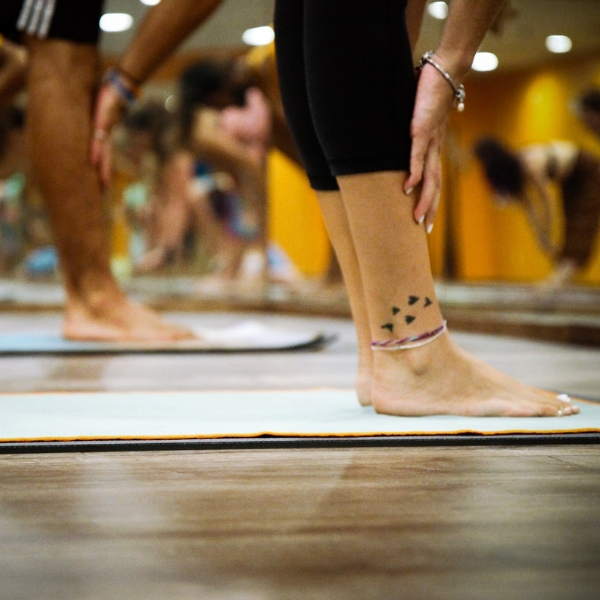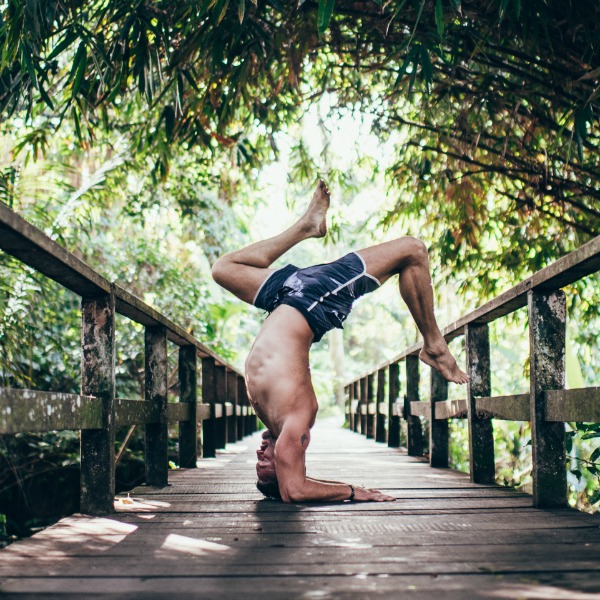22 Jun The Power of Yin

By Dr. Rebecca Andrews (TCM) | This article first appeared on Cloud Gate and is reproduced with permissions
WHAT IS YIN?
Yin is a term that comes from the classical Chinese concept of opposite yet complementary forces, Yin and Yang. Yin is described as the “shadow side of the mountain” in relation to the sunny side, which is Yang. Yin is dark, cool and quiet, and so we often neglect the importance of Yin in favour of the hot, bright and loud Yang elements in life.
It’s an elegantly simple concept, yet Yin Yang can describe mind-bending complexities of the mechanisms of the universe. Its essence is encapsulated in the Yin Yang symbol. No matter how you try to dissect this circle, every slice will contain both Yin and Yang.
It’s impossible to separate Yin from Yang. They don’t exist without each other because they:
- define each other
- transform into each other
- create balance and harmony together
- are completely interdependent.
Neither Yin nor Yang is superior or inferior. They are both respected for their unique and necessary qualities as indeed, without one, the other would not exist.
CHARACTERISTICS OF YIN
Yin can be described as the quality of slowing towards stillness. It’s the withdrawing, the receptive. It’s what nourishes, what holds, what contracts, what is degenerating. It’s an entropic force.
In the body, Yin is the substances and states that nourish, and the matter that catalysts act upon to transform.
Yet, so often today, in relationship to the ebb and flow of our lives, we don’t value our Yin. We don’t protect it, nourish it, cultivate it. The body obeys natural law, but we live in an environment that doesn’t.
In our ceaseless activity we overwork, we over-schedule, we consume too many stimulants, we leave ourselves time-poor for the tasks we need to complete. We are glued to technology, rapidly processing volumes of information without a break. We rarely experience silence and we don’t rest when we are sick. We have the most unrealistic expectations of our bodies.
Yin states are restful states:
- Relaxation
- Meditation
- Rest
- Napping
- Daydreaming
- Sleep
- Meditative art and music
- Slow sex
- Receptivity
- Quietude
- The realms of sensation
- Space.
In our rushed and overloaded culture, embracing these Yin qualities often feels indulgent and triggers guilt.
We can feel like we are weak, lazy, unproductive or vulnerable. We feel guilt or shame about having bodily needs. Through all this we have misunderstood the power of Yin. We have all sorts of judgements about dropping into deep restful Yin states, what are yours?
The good news is:
- Great sleep produces optimal performance.
- Slowing down enables better concentration.
- Allowing space to digest information allows processing and integration of information. Boosts brain power.
- The body can go into growth, repair, re-balancing and healing during rest periods.
- Slowing down allows you to access your non-work Self.
Without periodic and ample restoration, you consume all your resources without replenishment. If you push yourself beyond your capacity, you start to consume your reserves. Do this for long enough and you’re on the burnout train, baby. Your actions start to lose presence, efficacy, efficiency, focus and power. You start to lose the ability to relax. Sound familiar? You’re entering into empty Yin territory.
EMPTY YIN
What the hell is empty Yin? Empty Yin happens when you’ve let your stress run your life. Being in flight or flight mode has become your norm and you no longer listen to your body’s messages to slow down, take space, rest, relax and recuperate. Empty Yin feels like pressure, fatigue, irritability, anxiety, inability to relax, reactivity. Empty Yin can feel inflamed and dry, you may have tapped your adrenals, stressed your digestion, put pressure on your liver and overwhelmed your mind.
Fun times.
Empty Yin leads to empty Yang.
The good news is that to reverse this scenario – to build your Yin back and heal your body – relaxation, rest and recuperation are THE ONLY technologies that will get you there. You must give your body the environment it needs to heal, and that is in the rest and digest (aka autonomic nervous system) state.
At first it can be hard to finally feel what your body has been trying to tell you for months. You can crash. That’s ok. Understand that it is through the crash that you will build power. You’re cultivating the essence from which the next thing will spring.
When you get the hang of Yin restoration, it can feel lovely. A beautiful return. There is an art to relaxation – which is different from rest and different from sleep.
THE POWER OF YIN
The internal martial arts, the Yin arts (training the mind, cultivating spirit), have always understood that to cultivate power you need to periodically turn inward.
With this space and quietude we can develop the relationship to our inner world. We can process and let go of how life has affected us. We can get clear on our deep motivations, we can reconnect with that consistent witness Self that is less swayed by the comings and goings of life. We can realign to our centre and we can house our mind back into our body, cleansing the doors of perception so as we can be refreshed when we re-engage with life outside ourselves.
Without this space, without this downtime, without letting go, without these rhythms, it’s an endless pushing of your own willpower. And with that approach, how are you meeting life?
Have you reached destination burn-out town? It’s time to recover your Yin.
Join Dr Rebecca and Ruby for our Stillness: Yin Workshop this month at Power Living Fitzroy.



